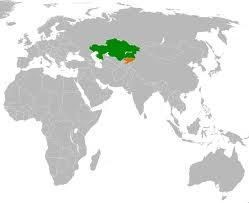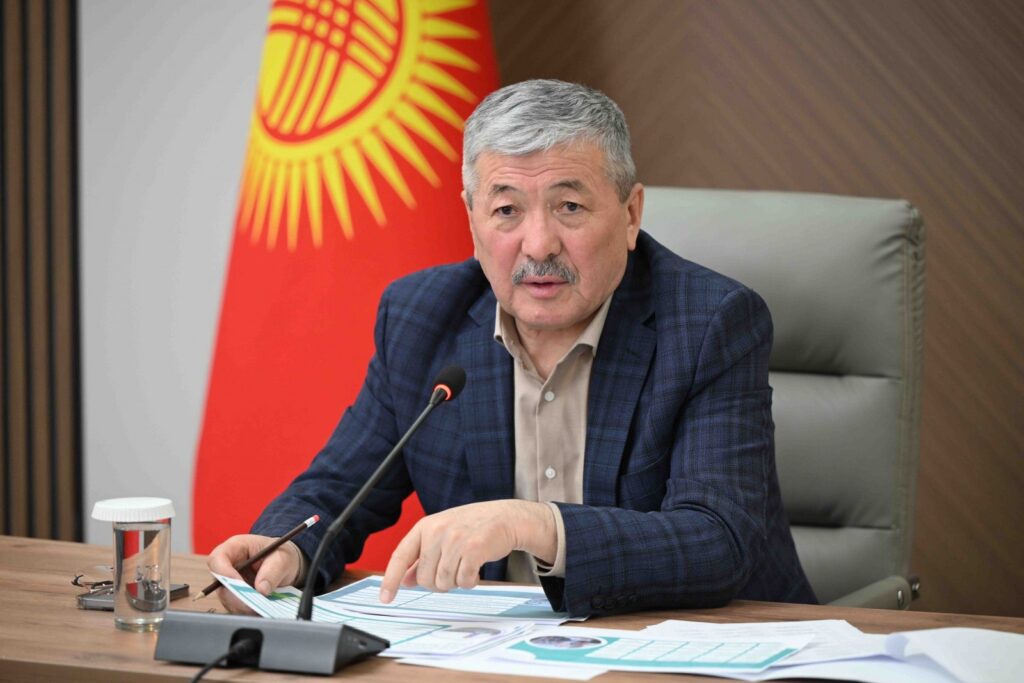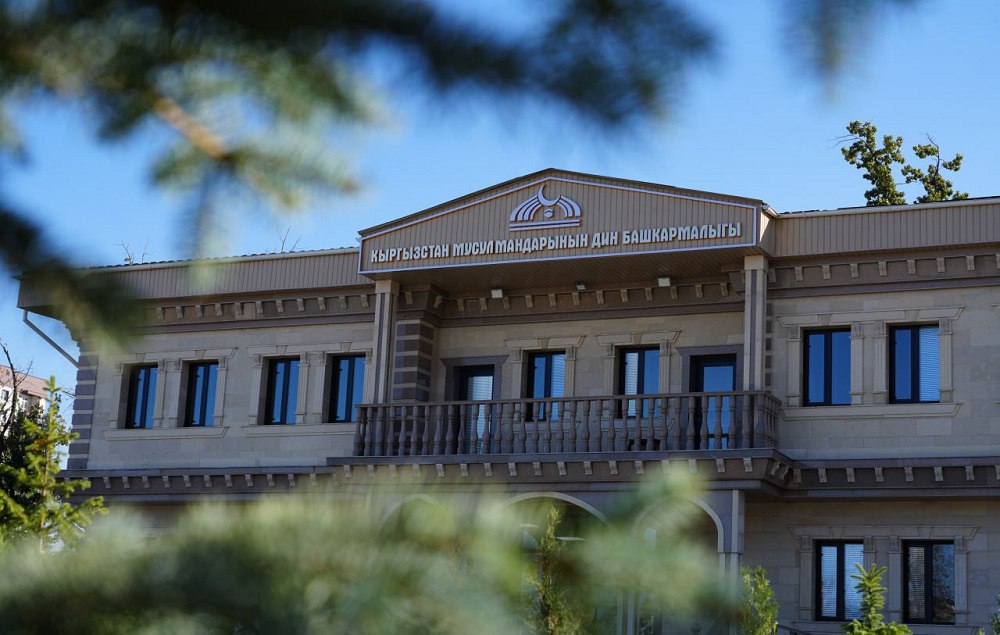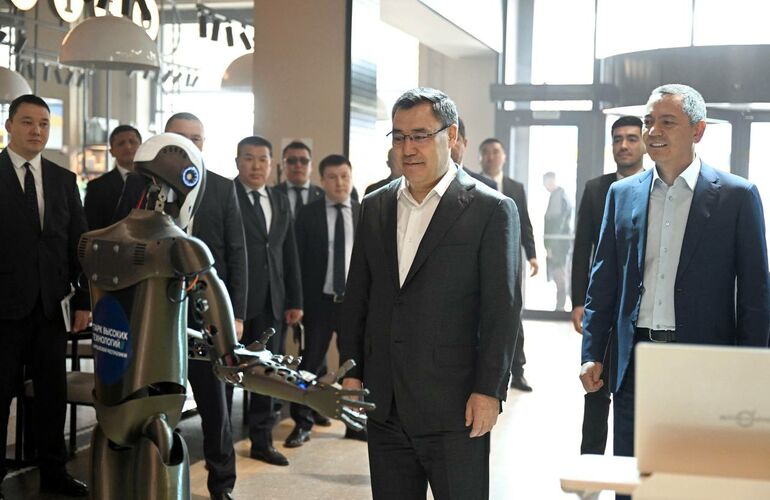BISHKEK (TCA) — The detention of a Kyrgyz parliament member in Kazakhstan on charges of involvement in contraband at the Kyrgyz-Kazakh border adds fuel to the Kazakh-Kyrgyz tensions over reported smuggling of Chinese goods into the Eurasian Economic Union through Kyrgyzstan. The incident has also highlighted the problem of corruption in Kyrgyzstan’s customs bodies. We are republishing this article on the issue by Chris Rickleton, originally published by Eurasianet:
A member of parliament from Kyrgyzstan has been detained by law enforcement officers in Kazakhstan in an anti-smuggling sweep that could set the stage for renewed tensions between the nations.
Kazakh officials have said Damirbek Asylbek uulu will spend two months in custody pending investigations, in a suggestion that the accusations against him are reasonably serious.
On February 16, Kazakhstan’s Prosecutor-General announced that 29 people had been arrested during a large-scale operation in three administrative regions along Kyrgyzstan’s border. It said there were two Kyrgyz citizens among the detained. Following an exchange of diplomatic notes between the two governments, it emerged that there were actually four Kyrgyz suspects.
Prosecutors said the raid was targeting contraband activities and that those in custody included customs officials and law enforcement officers, as well as professional criminals. Later the same day, Kyrgyz media reported that Asylbek uulu, who holds a seat in parliament with governing coalition member Kyrgyzstan party, was among the detainees.
The high-profile arrest threatens to reawaken a bilateral row about smuggling that erupted late last year and only finally faded to a simmer after some top-level diplomacy.
Around the time of Kyrgyzstan’s presidential election in October, Astana fired a volley of complaints at Bishkek about what it said was the vast volume of goods being smuggled from China into Kyrgyzstan. Kazakhstan and Kyrgyzstan are both members of a Russia-dominated customs union, so the concern is that cheap Chinese goods are being slipped into the region without generating any import tariff revenue for the union as whole.
In response to perceived inaction over the smuggling problem, Kazakhstan imposed an escalating series of blockades on incoming Kyrgyz goods.
In truth, however, the row was as much about politics as it was about smuggling. Matters initially became strained after former Kyrgyz President Almaz Atambayev, who ended his single term in office late last year, lashed out at his Kazakhstan counterpart, Nursultan Nazarbayev, with accusation of meddling in his country’s internal affairs. It was only when Atambayev’s more even-tempered successor, Sooronbai Jeenbekov, assumed office that relations were restored to their prior cordiality.
Despite some blustering protestations, however, Kyrgyzstan has had to admit freely that it has a smuggling problem.
During a meeting with Prime Minister Sapar Isakov earlier this month, the new head of the customs department, Kubanychbek Kulmatov, noted that customs revenue from one region of the country had spiked tenfold in recent months. Some local media suggested that the implication was that this increase had occurred thanks to one particularly notorious customs official being removed from his post. That former official, whose brother is an MP with the ruling Social Democratic Party of Kyrgyzstan, or SDPK, is not known to have faced any investigations since being fired.
Quite how Asylbek uulu might be involved in cross-border shenanigans is unclear, but what is more evident is that the 37-year old is nothing if not adaptable to changing circumstances.
He first entered parliament on the back of a career in business in 2009, taking up a seat with the ruling Ak-Jol party, whose primary function was to advance the agenda of then-President Kurmanbek Bakiyev. After Bakiyev was overthrown in 2010, Asylbek uulu crept away from the political scene and spent five years working at the country’s largest telecoms operator. But last year, he came out in strong support for Jeenbekov’s run for the presidency, according to Kyrgyz outlet Kaktus Media. Whether Jeenbekov will now return the favor will have to be seen.
At the very least, this arrest will prove an embarrassment for Bishkek.
The Kyrgyzstan party has been involved in every ruling coalition since parliamentary elections in the fall of 2015. It is described by many local analysts as being a puppet party whose primary role is to extend the leverage in parliament of the leading coalition party, the SDPK.
Asylbek uulu is also an important figure in Kyrgyz sport as he serves as vice president of the country’s wrestling federation. Wielding influence in Central Asian sporting circles invariably means coming into contact with dubious characters. A photo unearthed by the RFE/RL’s Kyrgyz service earlier this month shows Asylbek uulu pictured with Salim Abduvaliyev, a well-known patron of sport in Uzbekistan and allegedly one of that country’s most powerful crime kingpins.
Asked by RFE/RL about his connections with Abduvaliyev just days before his arrest, Asylbek uulu said he was “an acquaintance, only through sport.”
That might be true, but given the current circumstances, the timing of the report could hardly have been worse.









